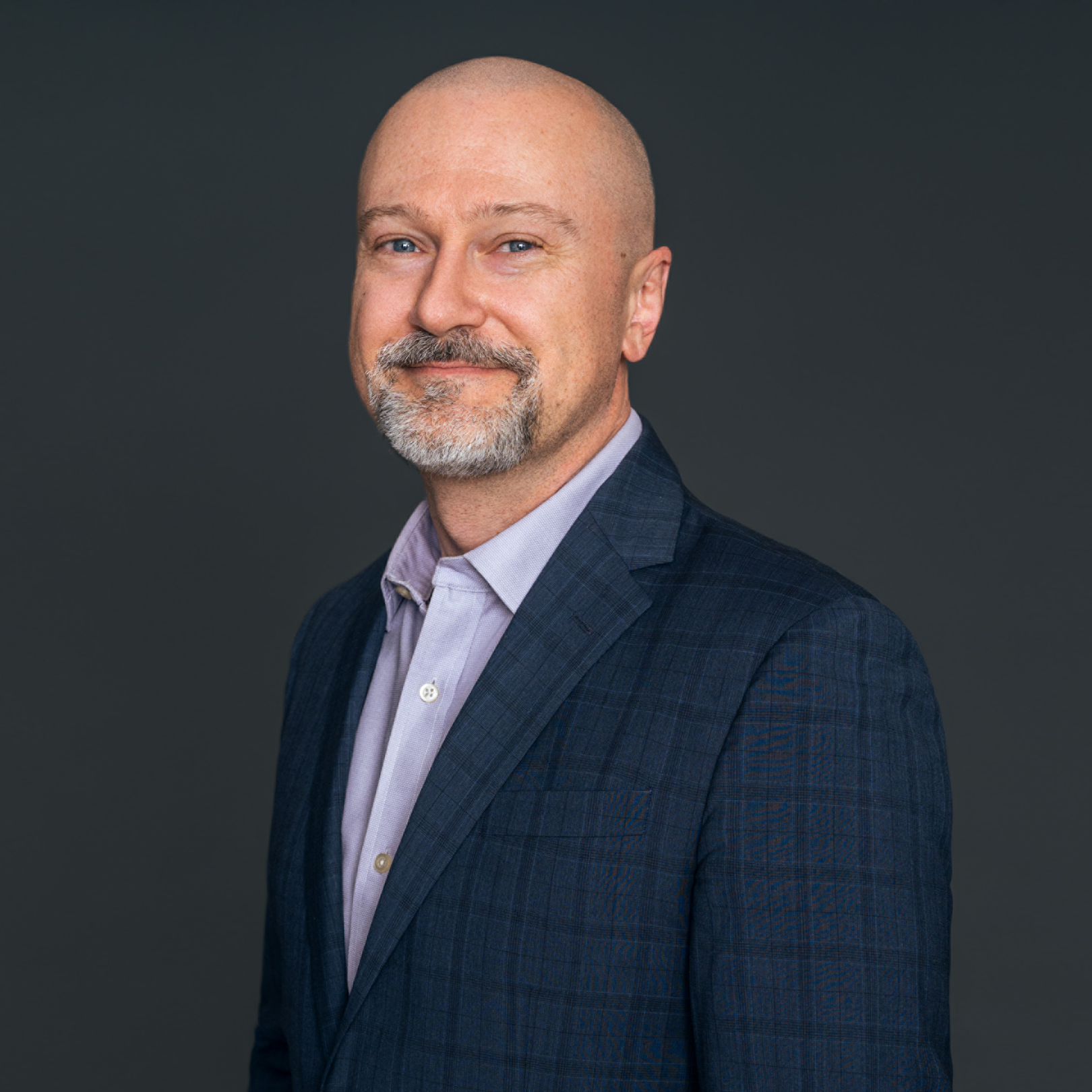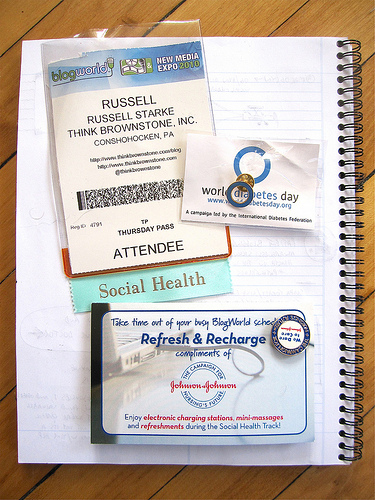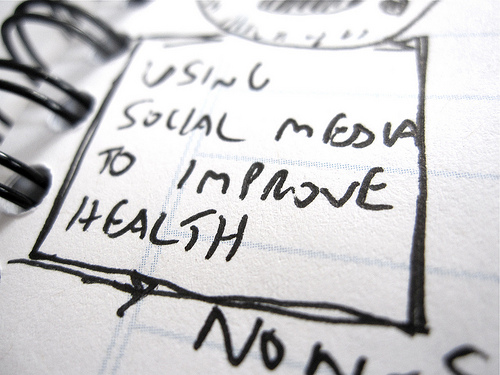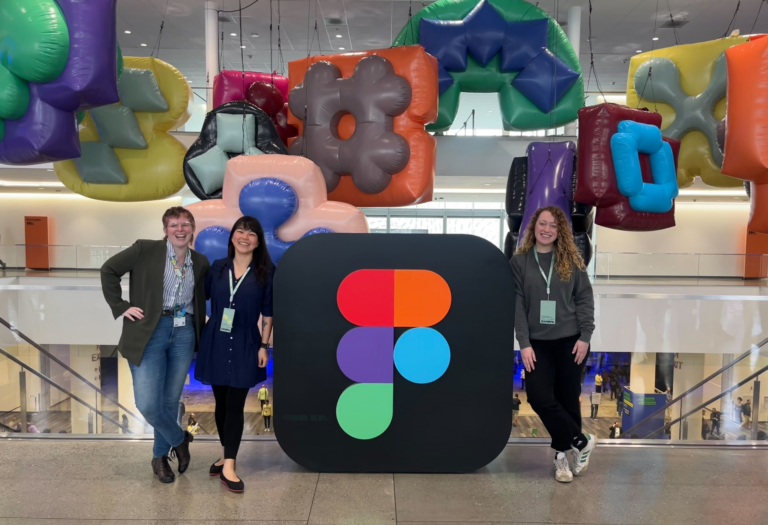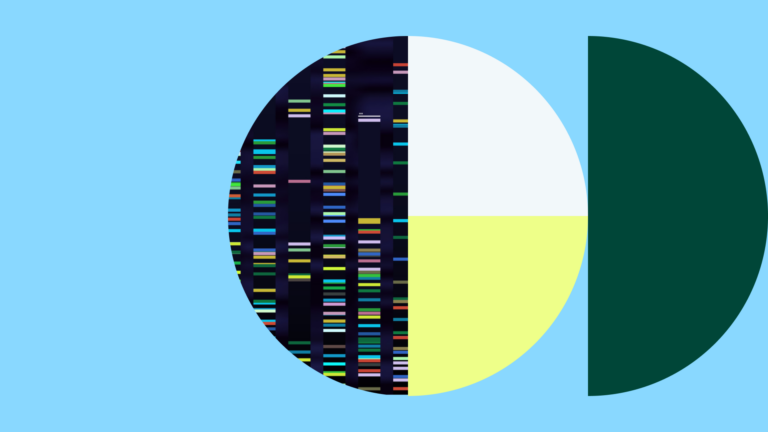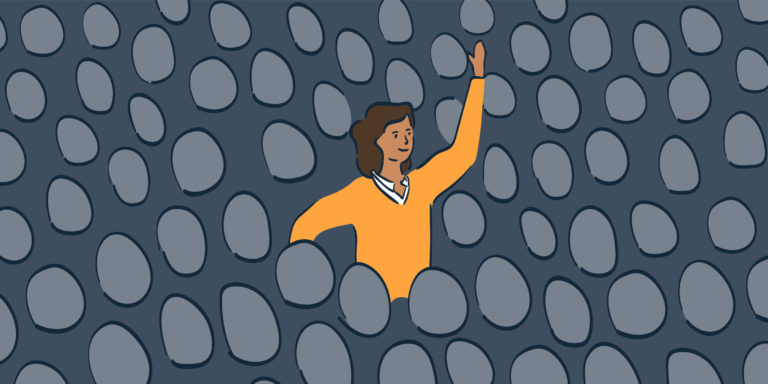BlogWorldExpo ’10 Recap (Social Health)
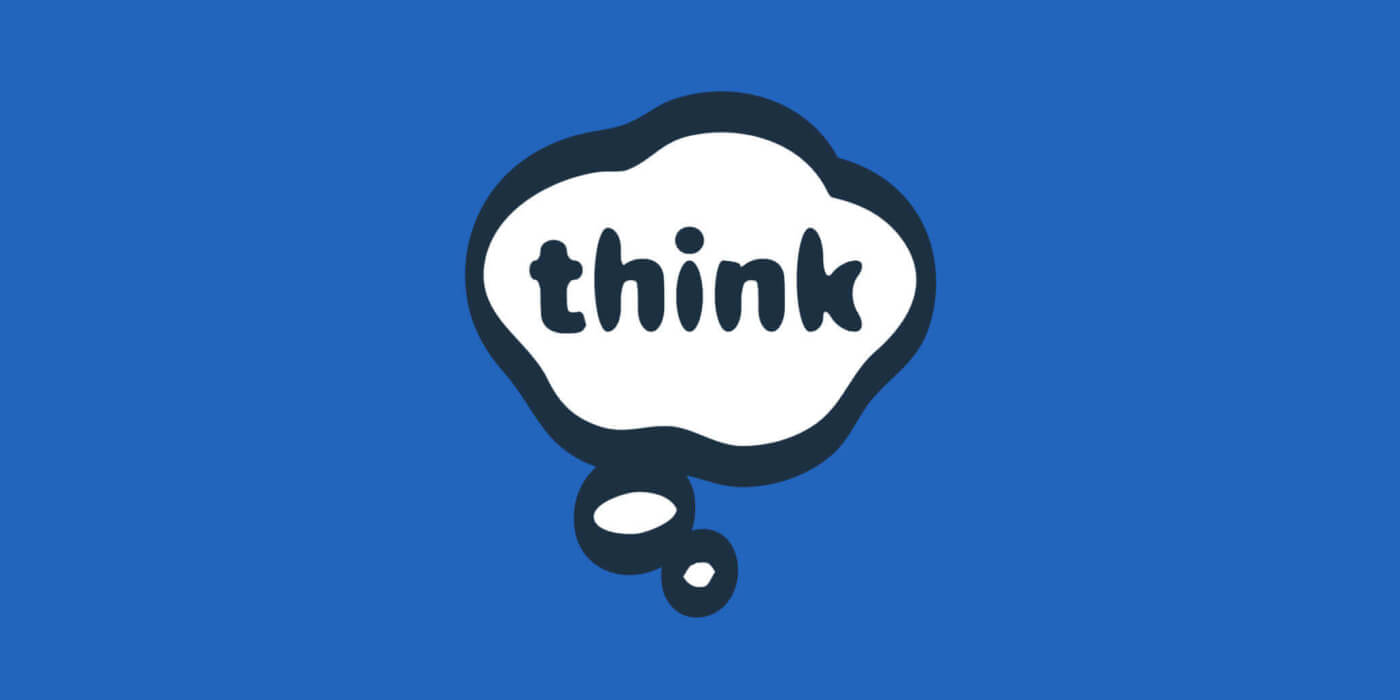
Phil and I just returned from BlogWorldExpo 2010 in Las Vegas (it’s a tough job, but somebody has to do it), and my mind is swimming with ideas sparked by the smart, passionate people we encountered there as part of the Social Health track sponsored by Johnson & Johnson.
As a company we’re extremely interested in the potential of social media as a part of the broader healthcare conversation, and are engaged in discussions about it daily—so this was extremely relevant for us.
As usual, we’ve got interactive sketchnotes from the sessions up on Flickr with a bunch of links to the speakers, their blogs and causes, and recommended resources. Phil and I split up for coverage when there were multiple sessions held in the same time slot, so he may chime in with some additional insight—but here’s my quick recap of the day.
Things kicked off for us with a keynote by e-Patient Dave. I had been aware of him in the past but hearing his story first-hand was incredible—it was the perfect way to start the conference. When you’ve got a serious lump in your throat 15 minutes into the day, that’ll do wonders to open your mind and make you want to change the world. I truly believe that the other participants we met there (doctors, patients, industry folks, and consultants) were all interested in doing just that.
Dave’s core messages were as follows:
1. Every person must accept a certain measure of responsibility for their own recovery from an illness (quoting Norman Cousins).
2. Networked patients will move from being passengers to being drivers of their healthcare decisions.
3. We are all patients, and as bloggers we are free to be “mouthy”. This has the potential to elicit positive change.
4. The chance to be engaged in your own treatment is a huge mood booster and motivator—it’s a much better alternative to helpless passivity.
5. Laugh, sing, and eat like a pig.
Next was a panel moderated by Trisha Torrey, including patient bloggers Amy Tendrich (Diabetes Mine), Jenni Prokopy (Chronic Babe), and Lisa Emrich (Brass and Ivory)—and what an eye opener. There were great discussions about the types of resources these folks recommend to their readers, how they validate them, the role they’re intended to play, and what they believe are the right ways to engage with industry. However, it goes beyond that—anyone interested in how to create vibrant online communities can learn volumes from what they’re doing, but the work being done here to provide information and fellowship to folks dealing with chronic conditions is so unbelievably important… I had no idea how traditionally underserved these populations are, and it was a game changer for me. In fact, so was hanging out with the speakers late into the evening (add Kerri Sparling from Six Until Me, Manny Hernandez from TuDiabetes.org and Scott K. Johnson to the mix) and not only being allowed a glimpse into their unique worlds and perspectives, but literally laughing until my face hurt.
Next was another panel discussion moderated by Bob Brooks from Wego Health, including the aforementioned Manny H. and Amy Kiel of Una Vita Bella. This session provided more insight on ways in which industry could provide value and partnership without diluting perceived validity and authenticity, tips on ways to manage the information firehose as a patient and a patient blogger, and exactly what patients are looking for from these communities. Here we’ve got three basic tiers of information needs coupled with the desire to network and find others in similar situations:
- What is this condition? What do I have?
- How do I treat it?
- How do I cope with it? What practical advice is there on how to live with this condition?
We also attended a few general keynotes outside of the Social Health track, but they were much more broad and I’d like to stick to the script here. So, we’ll jump to the final session of the day—a whiteboarding session facilitated by Marc Monseau form Johnson & Johsnon and David Armano of Edelman Digital, which everyone I talked to later spoke of as a highpoint of the day. Basically it was an open conversation among folks from the various communities represented, addressing the question: “OK, we’ve all gained some great new insight throughout the day… what are we gonna do about it?”
The conversation was fast paced, passionate, and intense—the microphone traveled quickly around the room and the group was highly engaged. Where did we end up? There was a lot of great thought captured visually by David, and ultimately the day concluded with this statement: as different groups of folks with different needs and drivers, we need to come together to envision the future of healthcare in the same way Apple did in 1987 for the future of computing; no one group can go away and successfully do it on their own. Then, as a broader healthcare community, we can begin to make strides toward achieving that shared vision. It has been 23 years since Apple’s vision and they’ve achieved a good deal of what they dreamt up but not all of it… yet. How long will it take us?
